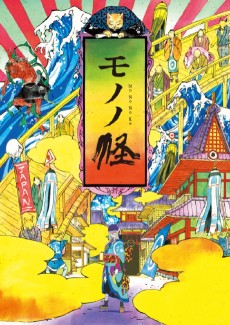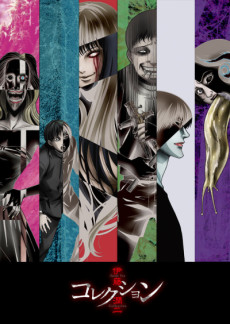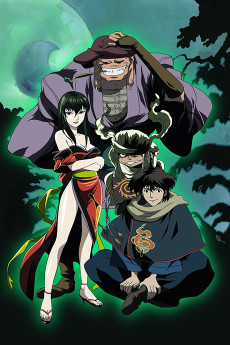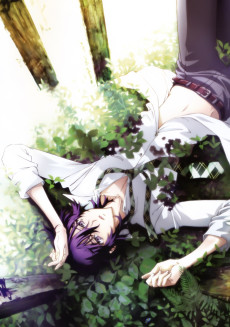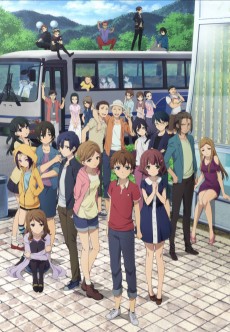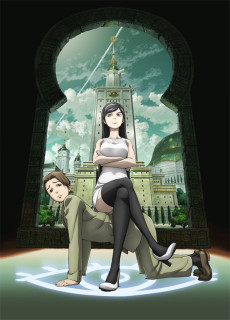HAKABA KITAROU
STATUS
COMPLETE
EPISODES
11
RELEASE
March 21, 2008
LENGTH
25 min
DESCRIPTION
Kitarou is a youkai boy born in a cemetery, and aside from his mostly-decayed father, the last living member of the Ghost tribe. He is missing his left eye, but his hair usually covers the empty socket. He fights for peace between humans and youkai, which generally involves protecting the former from the wiles of the latter.
This version of the Kitarou story is based on the original Hakaba Kitarou manga, the manga which inspired the popular Gegege no Kitarou series in the late 60's.
(Source: Wikipedia)
CAST
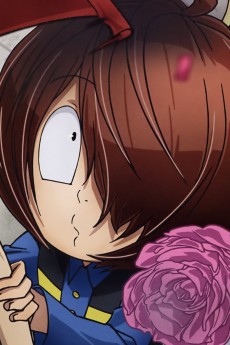
Kitarou
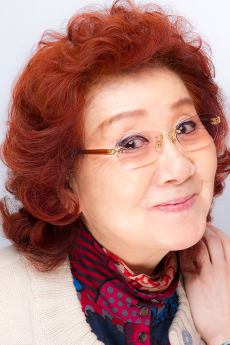
Masako Nozawa
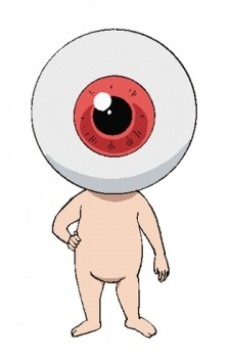
Medama Oyaji

Isamu Tanonaka
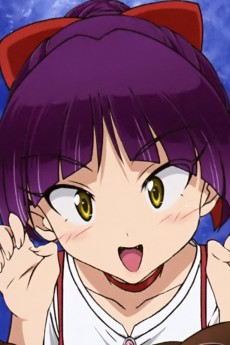
Neko Musume
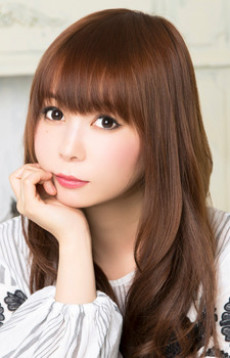
Shouko Nakagawa
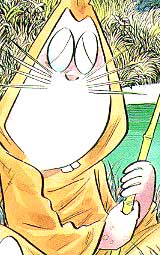
Nezumi Otoko
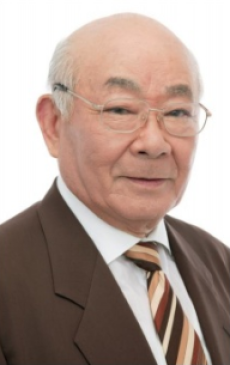
Chikao Ootsuka
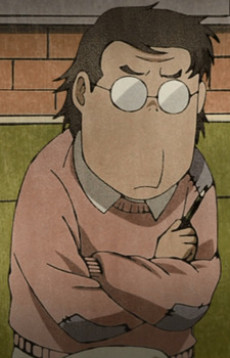
Shigeru Mizuki
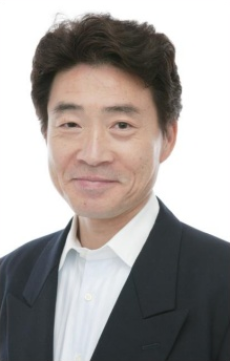
Bin Shimada
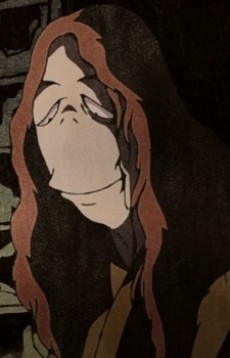
Iwako
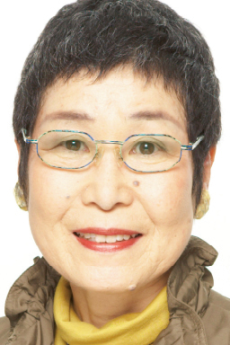
Reiko Suzuki
EPISODES
Dubbed
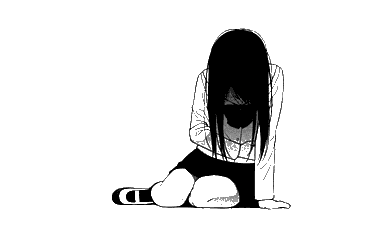
Not available on crunchyroll
RELATED TO HAKABA KITAROU
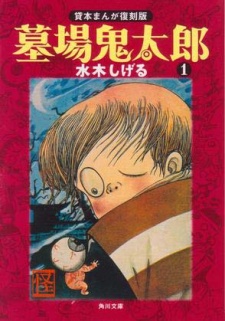 MANGA HorrorHakaba Kitaro
MANGA HorrorHakaba KitaroREVIEWS

davidman001
70/100An interesting look into what Gegege no Kitarou could’ve been.Continue on AniList
The concept of Youkai has stood the test of time for hundreds of years, and whether or not they truly exist has been a thought pondered throughout its history. However, knowing the truth about their existence isn’t as important when Youkai have undoubtedly played an influential role in Japanese art, history, culture, and identity. Youkai can be found everywhere in modern art, especially being referenced or playing huge roles in video games and anime. The modern revitalisation of Youkai can be traced back to the heavily influential manga Gegege no Kitarou by Shigeru Mizuki, which popularised Youkai culture in the mainstream in the 1960s. Gegege no Kitarou’s idea of Youkai was that of creatures who had stories to be told, creatures that needed to be understood. Kitarou, the main character of the series, made it his mission to allow Youkai and humans to live in harmony. He wants to befriend both sides in the hopes that youkai and humans can understand each other. The themes and ideas represented in Gegege no Kitarou were undoubtedly incredibly influential, with anime like Natsume Yuujinchou and even Youkai Watch sharing a lot of common themes with Kitarou.
Hakaba Kitarou represents almost none of these ideas. In fact, this series is almost the complete opposite of everything Gegege no Kitarou and its subsequent influences stood for. It’s actually impressive how different Hakaba is from its counterpart. So, the question now is: just what exactly is Hakaba Kitarou?

Not to be confused with the renaming of the Weekly Shounen Magazine version of Hakaba Kitarou, which changed to Gegege no Kitarou in 1967, Hakaba Kitarou’s anime adapts the stories told in the Kashi-hon release of Hakaba Kitarou in 1959. This version of the story is much more gruesome and cynical than its counterpart, and this is seen most clearly in its characters. Hakaba’s take on the character of Kitarou is that of a self-fulfilling asshole, only seeking to perform actions that benefit himself and no one else. This is reflected in the episodes where Kitarou straight-up curses other humans, something you never see his future counterpart do. But, to give him credit where credit is deserved, Kitarou specifically curses those who are greedy and cause harm to others. But still, Kitarou doesn’t seek to unite Youkai and humans; on the contrary, he seems to have fun seeing humans being tormented. Throughout the anime, Kitarou seems to take a backseat, not really intervening with the Youaki or humans. This is an interesting difference from Gegege, since Kitarou in the main series acts as a hero who’s there to save the day. While there are moments where Kitarou’s humanity is shown, like in the Neko Musume story, Kitarou never shows any sign of alignment. He’s neither good nor bad, creating this moral ambiguity that the viewer can never be certain about.


Hakaba isn’t afraid to show death in the most gruesome of ways possible, with many of its characters dying a horrible, and I mean horrible, death. There’s even a character who is a clone of Kitarou who just randomly dies one episode and never shows up again, which I found to be rather humorous looking back. This grim and macabre portrayal of death is one with very little subtlety, often used as the answer to greed and corruption within its world. My problem with this is the lack of substance to convey any other interesting ideas or messages. Hakaba Kitarou has very little value for human life, so much so that it is in complete opposition to the themes of Gegege no Kitarou. However, this is only a personal complaint, since this portrayal of death is certainly an aesthetic choice in conjunction with the anime as a whole.


One thing you may immediately notice upon watching Hakaba Kitarou is that its art style is awfully familiar. Takashi Kurahashi, the art director of Mononoke, also played the role of the art director of Hakaba Kitarou. Many of Mononoke’s visual sensibilities can be found within Hakaba with the choice of colouring, shading, and texture of the drawings, as well as general shot composition with a focus on still wide angles that help create an eerie atmosphere during certain scenes. The sound design is also particularly noticeable, with a focus on the use of classical Japanese instruments and sound effects to assist with the overall eerie atmosphere. Hakaba Kitarou consistently has an unsettling aura to it, one that is only matched by the likes of Mononoke. It helps that the entire aesthetic style of Hakaba complements the overall atmosphere and pacing in a way that is incredibly unique to itself.


If the sound of macabre themes and gruesome portrayals of death all wrapped within a creepy and atmospheric art style sounds interesting to you, then I highly recommend giving Hakaba Kitarou a watch. While it may be a huge departure from Gegege no Kitarou, and by huge, I mean a complete 180, Hakaba Kitarou is a great little series separate from the main decade-long anime franchise and provides an interesting insight into what Kitarou could’ve been.

SIMILAR ANIMES YOU MAY LIKE
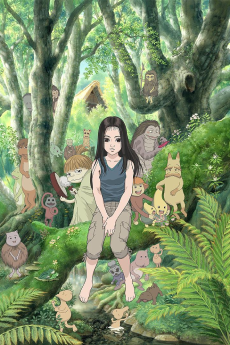 SPECIAL DramaMiyori no Mori
SPECIAL DramaMiyori no Mori TV SHORT HorrorYami Shibai
TV SHORT HorrorYami Shibai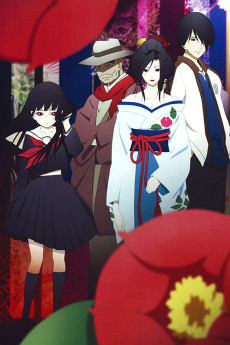 ANIME DramaJigoku Shoujo
ANIME DramaJigoku Shoujo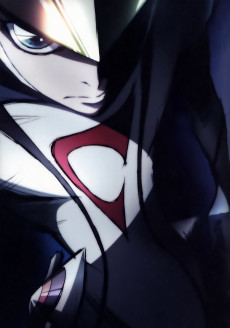 ANIME ActionCasshern Sins
ANIME ActionCasshern Sins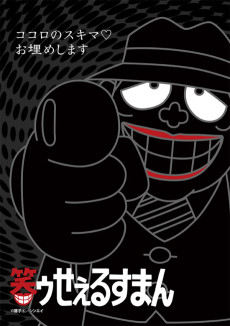 TV SHORT ComedyWarau Salesman
TV SHORT ComedyWarau Salesman
SCORE
- (3.35/5)
MORE INFO
Ended inMarch 21, 2008
Favorited by 33 Users


